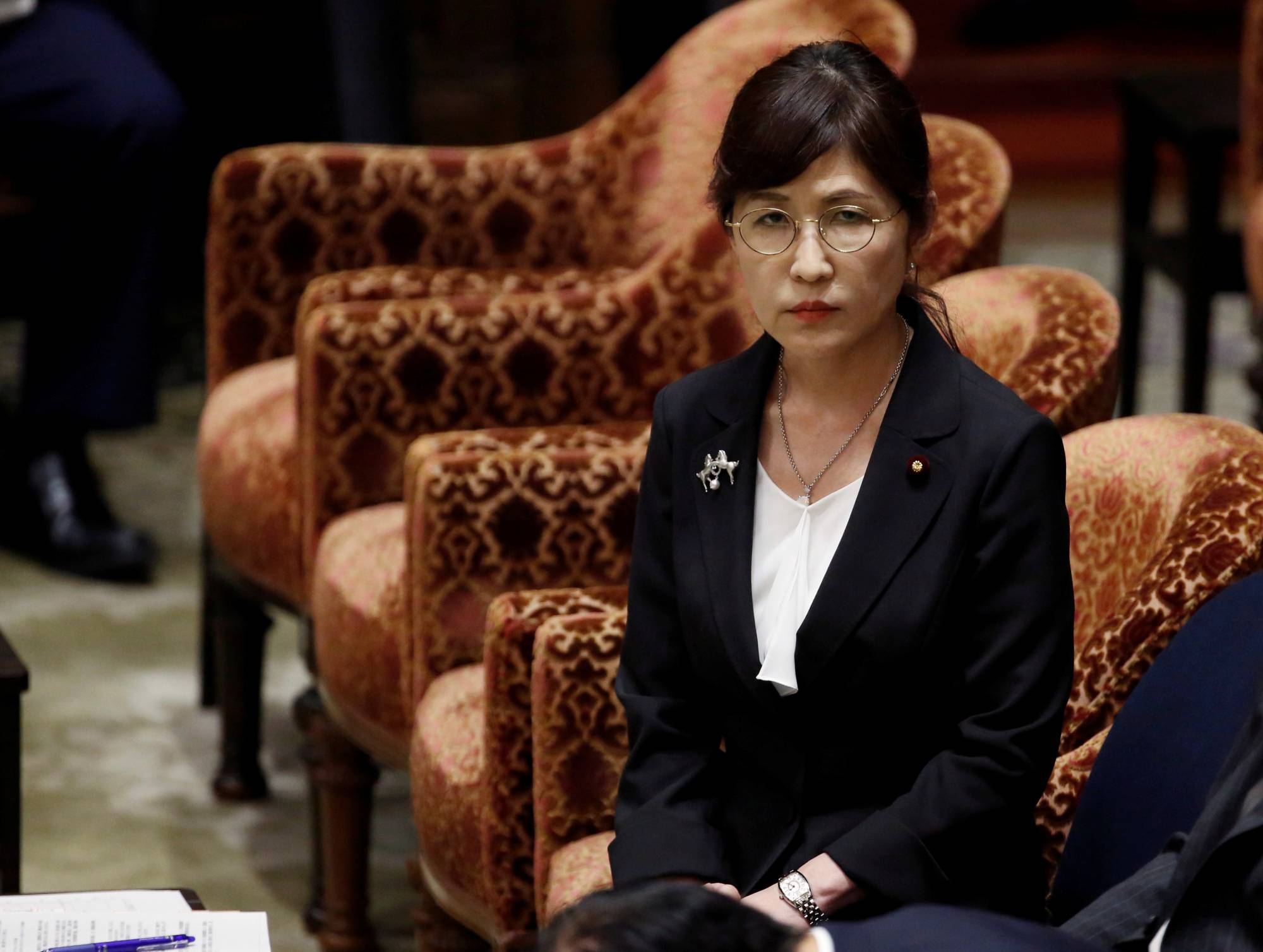It is not an exaggeration to argue that Japanese politics has been substantially dominated by male politicians despite some trial attempts, including womenomics and other policies, aimed at creating a “Japan in which women can shine.”
Currently, only 10% of Diet members in the House of Representatives and around 20% in the House of Councilors are female. The number of Japanese female lawmakers is much lower than the global average of 25%, representing a political gender gap in Japanese politics.
The fact that 18 out of the 20 minister posts are occupied by male politicians in the administration of Prime Minister Yoshihide Suga also represents the gender inequity in Japan. Moreover, inappropriate remarks by Yoshiro Mori, former chief of Tokyo Olympics and Paralympics, who complained that meetings with female board directors would “take a lot of time,” epitomize the national anachronism regarding the gender role in the Japanese society.



















With your current subscription plan you can comment on stories. However, before writing your first comment, please create a display name in the Profile section of your subscriber account page.